Y7 Historians Go Back In Time!
Being able to run a school trip again and take learning outside of the classroom was an absolute joy! On Thursday 31st March 2022, in unexpectedly snowy conditions, 100 year 7...
Filter by Category
Filter by Author

























































































































































































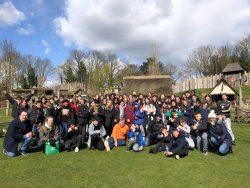
Being able to run a school trip again and take learning outside of the classroom was an absolute joy! On Thursday 31st March 2022, in unexpectedly snowy conditions, 100 year 7...
Posted by James Burley
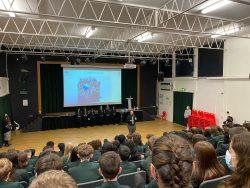
It was superb to join one of the inspiring assemblies this week taking place in our Main Hall and hear Mr Burley, our Student Leadership Coordinator, encourage students and staff...
Posted by Jeremy Turner
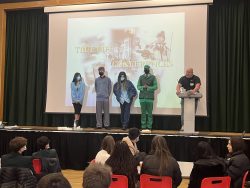
This week at Bushey Meads school the Sociology and Law teams invited ‘True Life Conferences’ to run their “Life Behind Bars” Conference. The conference addresses course content...
Posted by Miss Al-Rubai

This term, the Humanities and Social Science faculty will be introducing stretch and challenge activities open to all students, regardless of their year group and the subjects...
Posted by Richard Dowty

At this time of year, every year, the Humanities and Social Sciences Faculty like to offer all BMS families some extension suggestions to enjoy over the Festive Season. This year,...
Posted by Stephanie Knowles
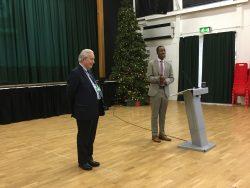
On Friday 10th December, Councillor Lawrence Brass visited BMS to speak to law and politics students about his political and legal career. Councillor Brass explained how his...
Posted by Stephanie Knowles
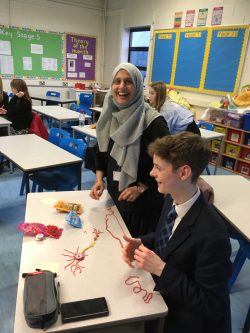
It was fantastic to see all the year 11 smartly dressed and working enthusiastically during their taster day. The faculty put on all the subjects offered post 16. I managed to...
Posted by Stephanie Knowles
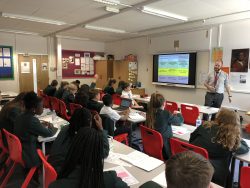
During the past half term, year 7 students in humanities have been exploring the theme of communities within the different subjects of history, RE and geography. Students have...
Posted by Richard Dowty

It was a real pleasure to attend a very successful Year 7 Celebration Evening on behalf of the Humanities and Social Sciences faculty, Thursday 21st October and to see so many...
Posted by Adam Lyley
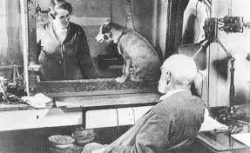
Year 13 psychology students were fully engaged during our recent Drop Everything And Read event on Wednesday. They read more deeply about Pavlov’s famous study into conditioning...
Posted by Gabriela Zhelyazkova
Being able to run a school trip again and take learning outside of the classroom was an absolute joy! On Thursday 31st March 2022, in unexpectedly snowy conditions, 100 year 7 students set off for Mountfitchet Castle in Stansted, Essex. This allowed them to enrich their prior learning on the subject of Motte and Bailey Castles built in the Norman era. Students explored different customs, cultures and traditions of the time as they journeyed round the open air museum, partook in some Medieval games and even experienced some of the Medieval forms of punishment! The trip also included a visit to the House on the Hill toy Museum, where students learned about toys from the past (and their teachers’ childhoods!).
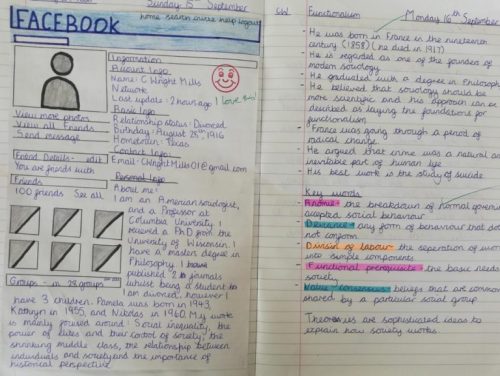
Hello, my name is Andrea. I am a year 10 student, and I decided to take psychology as one of my options for GCSE because I thought that it would be really interesting to learn...

Every year, the Humanities and Social Sciences Faculty like to present some extension suggestions for all its students to enjoy over the Christmas holidays. Do have fun with...